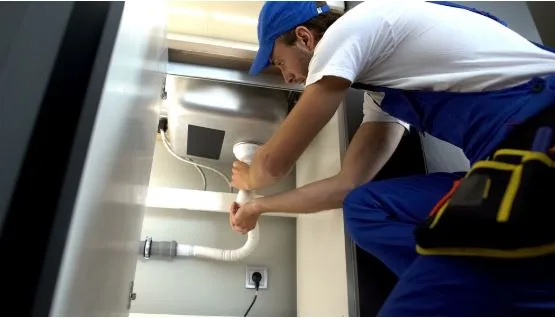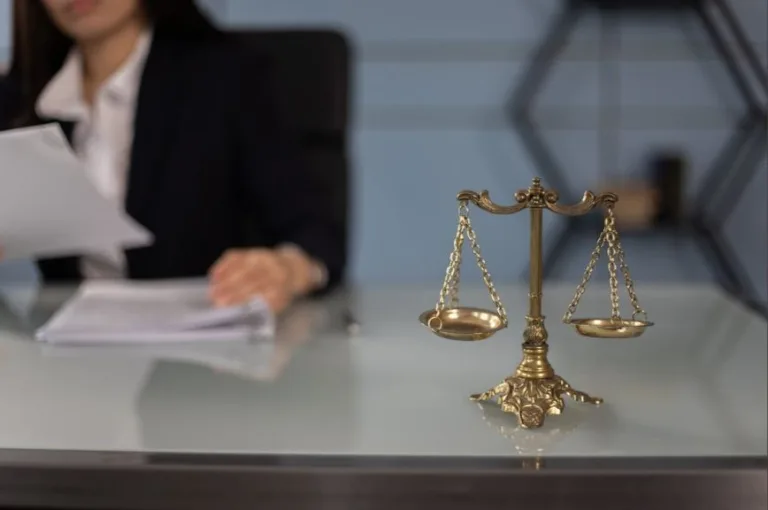When You Need a Plumber at 2 AM: What 24-Hour Emergency Plumbing Really Covers
Plumbing issues are notorious for showing up at the most inconvenient times. You might be drifting off to sleep, only to hear the sound of water dripping—or worse, gushing—from somewhere it definitely shouldn’t be. That’s when the importance of 24-hour emergency plumbing becomes clear. But what exactly does that service cover, and when should you actually call?
This comprehensive guide will dive into what you can expect when you call an emergency plumber, the types of issues that typically qualify as emergencies, and tips for handling situations until help arrives.
Understanding 24-Hour Emergency Plumbing
24-hour emergency plumbing refers to services offered around the clock, ensuring that homeowners and businesses can get urgent help no matter the time of day or night. Unlike regular plumbing services that run on fixed business hours, emergency plumbing is about quick response, damage control, and safeguarding health and property.
When you call a 24-hour plumber, you’re tapping into a team prepared to handle urgent issues. These professionals often deal with:
- Burst pipes
- Severe leaks
- Blocked drains
- Broken water heaters
- Backed-up sewage systems
The focus is on stopping the immediate problem from escalating, not just scheduling a future appointment.
What Qualifies as a Plumbing Emergency?
Not every plumbing issue requires a middle-of-the-night call. However, there are scenarios where waiting until morning could cause significant damage or health risks. Common examples include:
- Burst or Leaking Pipes
Water can quickly destroy flooring, drywall, and furniture. A burst pipe isn’t just inconvenient—it can lead to thousands of dollars in damage if not contained.
- Sewer Backups
A sewage backup poses serious health hazards. Raw sewage in your home isn’t just unpleasant; it can contaminate your living environment and require costly cleanup.
- No Access to Water
If your household suddenly loses all access to running water, this is considered an emergency. Clean water is essential for drinking, cooking, and sanitation.
- Flooding
Whether from a sump pump failure or a broken pipe, uncontrolled flooding demands immediate intervention to prevent structural damage and mold growth.
- Gas Leaks (if plumbing connects to gas)
Some plumbers are certified to handle gas line issues. If you smell gas or suspect a leak, this is a life-threatening emergency.
- Water Heater Failures
While not always urgent, if your water heater bursts or leaks significantly, it can cause flooding and water damage.
What Emergency Plumbers Do First
When a 24-hour plumber arrives, their first priority is damage control. That means stopping leaks, shutting off water, and containing immediate threats. Here’s what typically happens:
- Assessment: The plumber quickly inspects the issue to identify the cause and severity.
- Temporary Fixes: In some cases, they may implement short-term solutions to stabilize the situation until permanent repairs can be scheduled.
- Permanent Repairs: Depending on the issue, they might repair or replace faulty parts on the spot.
- Safety Checks: Ensuring there are no lingering hazards, such as mold risk, electrical exposure, or gas leaks.
Common Services Covered by 24-Hour Emergency Plumbing
While service offerings vary by provider, most emergency plumbing teams handle a wide range of urgent issues, including:
- Pipe repairs and replacements
- Clog removal (toilets, drains, sewer lines)
- Leak detection and repair
- Water heater repair/replacement
- Flood mitigation
- Gas line emergencies (where applicable)
Costs of Emergency Plumbing
One important thing to note is that 24-hour emergency plumbing typically comes with higher costs than regular service calls. This premium covers the immediate response, after-hours work, and the availability of specialized equipment. However, the expense is often far less than the potential damage costs of waiting until morning.
Factors that influence emergency plumbing costs include:
- Time of day (overnight vs. weekend rates)
- Severity of the issue
- Parts and equipment needed
- Travel distance
What You Can Do Before the Plumber Arrives
While waiting for emergency help, you can take proactive steps to reduce damage:
- Shut Off the Water Supply Locate your main water shut-off valve and turn it off to stop the flow of water.
- Turn Off Electricity (if safe to do so) If water is near outlets, switches, or appliances, cut power to that area to avoid electrocution.
- Contain the Leak Use buckets, towels, or tarps to catch and direct water away from valuables.
- Clear the Area Move furniture, electronics, and belongings to a dry area to prevent damage.
- Document the Damage Take photos or videos for insurance purposes. This helps speed up claims and ensures you’re compensated fairly.
Preventing Future Plumbing Emergencies
While emergencies aren’t always avoidable, regular maintenance can significantly reduce your risk. Here are preventive measures:
- Schedule annual plumbing inspections to catch problems early.
- Avoid pouring grease, oils, or non-flushable items down drains.
- Insulate pipes in colder climates to prevent freezing.
- Install a sump pump in flood-prone areas.
- Replace aging water heaters before they fail.
The Benefits of Having a Go-To Emergency Plumber
Establishing a relationship with a reliable 24-hour emergency plumbing provider offers peace of mind. When disaster strikes, you won’t waste time searching for a plumber—you’ll already know who to call. Some benefits include:
- Faster Response: Familiar plumbers often prioritize repeat customers.
- Trust and Reliability: You’ll know the quality of service in advance.
- Streamlined Service: They’ll already have your plumbing history, making diagnosis faster.
Myths About 24-Hour Emergency Plumbing
There are a few common misconceptions worth clearing up:
- “Any plumbing problem qualifies as an emergency.” Not true. Some issues, like minor drips, can wait until morning.
- “It’s always outrageously expensive.” While there’s a premium, many plumbers offer fair rates, especially compared to potential water damage repair costs.
- “Emergency plumbers only do temporary fixes.” In many cases, they’re equipped to perform full repairs on the spot.
Final Thoughts
Plumbing problems never follow a convenient schedule. That’s why 24-hour emergency plumbing services exist—to provide immediate relief from potentially devastating situations. Whether it’s a burst pipe, sewage backup, or sudden water heater failure, knowing you have access to a reliable emergency plumber offers security and peace of mind.
The key is recognizing what qualifies as a true emergency, taking steps to minimize damage before help arrives, and establishing a trusted plumbing service ahead of time. That way, when the clock strikes 2 AM and disaster strikes, you’ll know exactly what to do and who to call.




